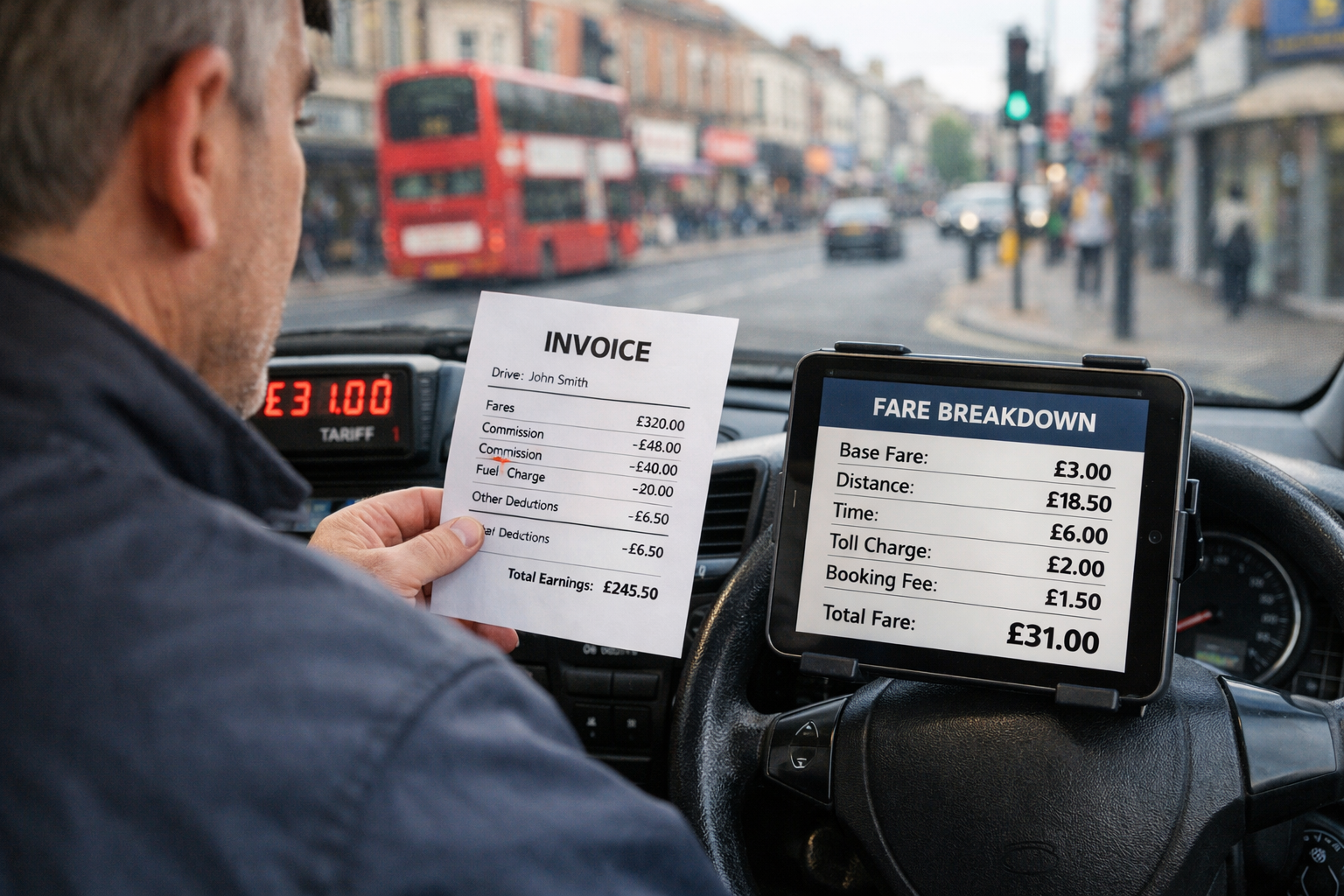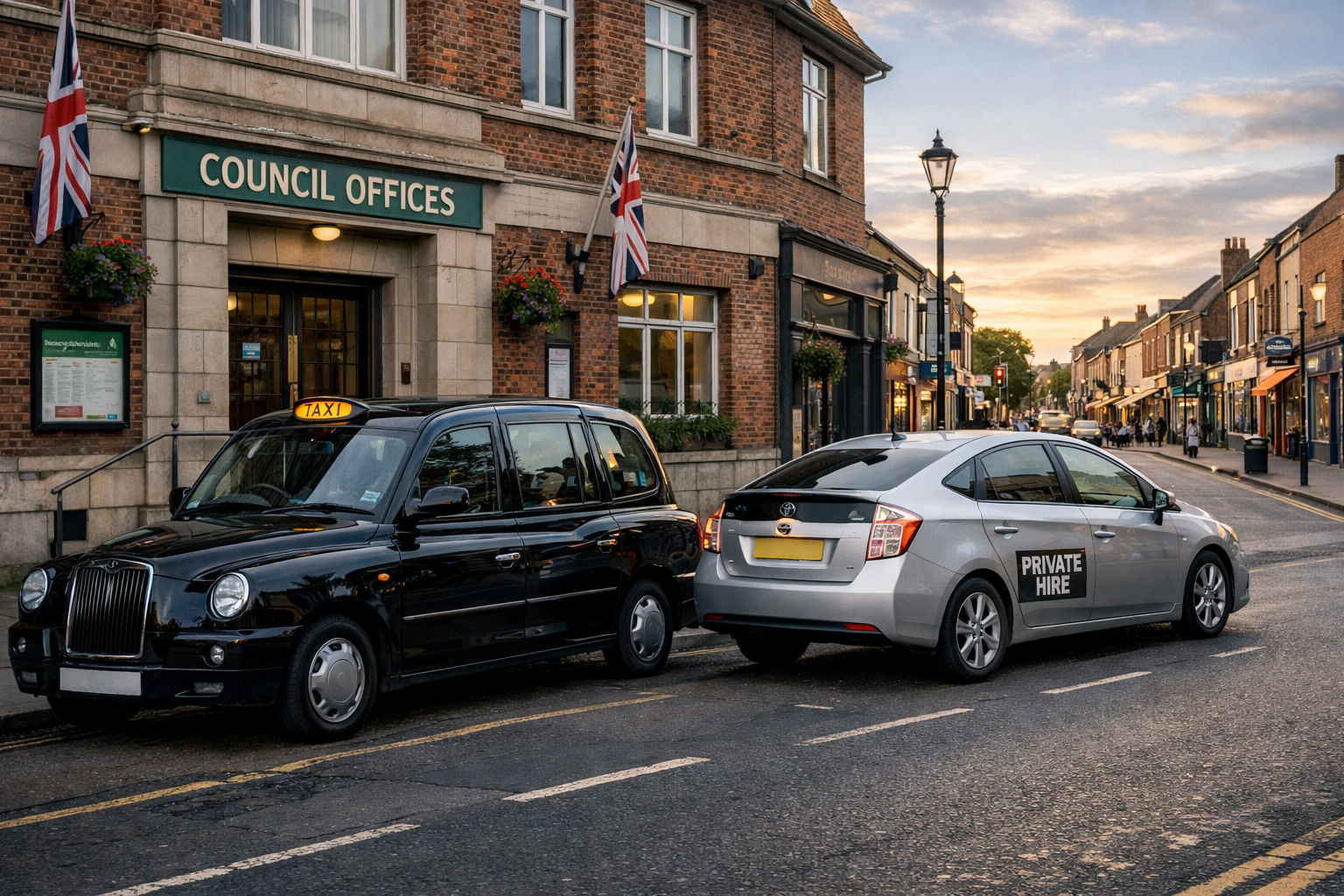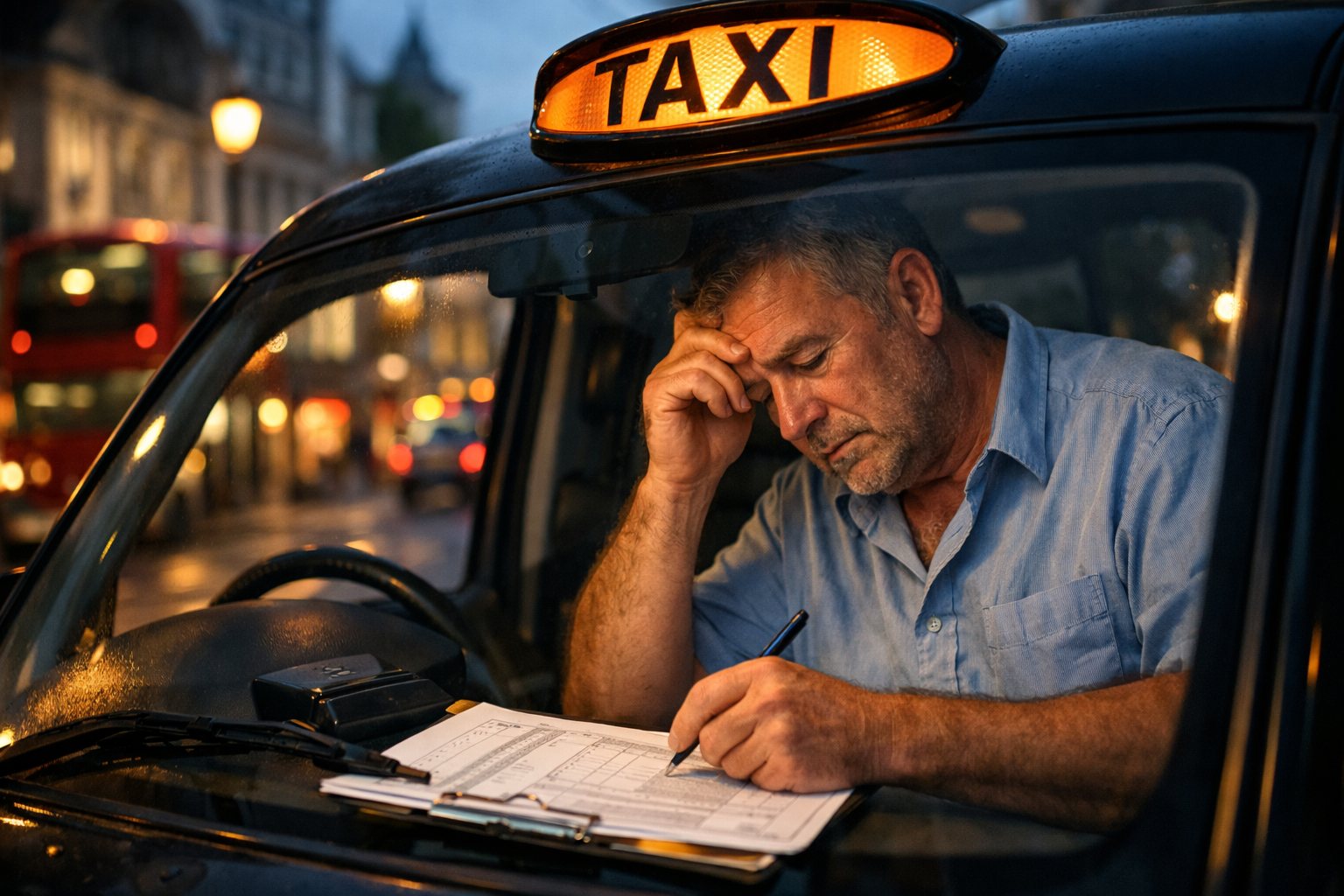Legal development 10,000 black cab drivers initiate Uber class action lawsuit in the High Court
In a significant legal development, over 10,000 black cab drivers have initiated a class action lawsuit against Uber in the High Court, alleging that the ride-hailing giant misled Transport for London (TfL) regarding its booking system's compliance with taxi-booking regulations.
The legal action, filed by RGL Management on behalf of the London cabbies, encompasses Uber's operations in the capital from May 2012 to March 2018. The crux of the claim revolves around Uber purportedly permitting its drivers to accept bookings directly from customers, bypassing the traditional central booking system utilized by minicab services. This alleged breach of private hire licensing rules, according to the cabbies, was not properly disclosed to TfL during the licensing process.

The claimants argue that this deviation from the norm resulted in significant financial losses exceeding £250 million during the specified period. Each cab driver's individual claim could amount to up to £25,000.
Responding to the allegations, a spokesperson for Uber vehemently refuted the claims, asserting the company's lawful operation in London, its full licensing by TfL, and its commitment to serving millions of passengers and drivers in the capital.
The legal proceedings, codenamed BULiT21, seek to address what the claimants perceive as an injustice inflicted upon London drivers due to Uber's alleged disregard for regulatory compliance. Garry White, a veteran black cab driver, emphasized the importance of seeking justice and fair compensation for drivers impacted by Uber's actions, characterizing the ride-hailing company's behavior as indicative of a belief that it operates above the law.
RGL Management, while already representing over 10,500 London cabbies, anticipates the potential inclusion of up to 30,000 cab drivers in the lawsuit against Uber. The organization urges eligible drivers to join the legal action promptly before the approaching cut-off date.
Michael Green, the director of RGL Management, hailed the filing of the claim as a significant step toward holding Uber accountable for its alleged non-compliance with UK legislation. He emphasized the importance of additional drivers registering for the legal action to collectively pursue restitution for losses incurred.
This legal challenge is not the first time Uber has encountered regulatory hurdles in London. Previously, TfL raised concerns over passenger safety breaches and transparency issues, leading to the temporary suspension of Uber's license in 2019. Despite these challenges, Uber was eventually granted a renewed license to operate private hire vehicles in London in 2022, albeit for a limited duration of two and a half years.
For London taxi drivers, the key takeaway from this development is the significance of regulatory compliance and transparency in the industry. The class action lawsuit against Uber underscores the importance of adhering to licensing regulations and accurately representing operational practices to regulatory authorities like Transport for London (TfL). It highlights the potential consequences of non-compliance, including significant financial losses and reputational damage, for both individual drivers and the broader industry.
Moreover, the legal action emphasizes the collective power of drivers to hold companies accountable for their actions and seek fair compensation for any adverse impacts on their livelihoods. It underscores the importance of unity among drivers in advocating for their rights and interests, particularly in the face of perceived injustices or unfair practices by larger corporations.
Ultimately, London taxi drivers can draw from this situation the importance of staying informed about industry regulations, actively participating in collective actions aimed at protecting their interests, and advocating for greater transparency and accountability within the ride-hailing sector.
You might also like





